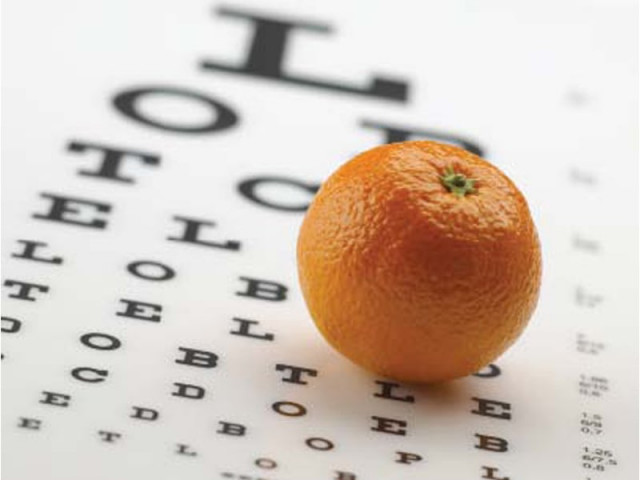Vitamin C tied to lower cataract risk
Adults who get very little vitamin C may have an increased risk of developing cataracts.

Cataracts are a clouding of the eye’s lens that commonly causes vision problems in older people. Some studies, but not all, have found that people with higher intakes of antioxidants, including vitamin C, may have a lower risk of developing the condition.
But those studies have been done in Western countries and not in lower-income countries like India, where people’s vitamin C levels tend to be very low and rates of cataract are particularly high.
For the new study, researchers evaluated more than 5,600 Indian adults of age 60 and up for cataracts. They also interviewed them about their diets and lifestyle habits, and measured their blood levels of vitamin C.
Overall, nearly 73 per cent of the study participants were found to have cataracts. But that risk dipped as vitamin C blood levels and vitamin C intake rose.
In the roughly one-quarter of older adults with the highest vitamin C levels, the risk of cataract was 39 per cent lower than in people with the lowest levels of the nutrient. That was with factors like income, smoking habits, high blood pressure and diabetes taken into account.
But vitamin C levels were generally very low as 30 per cent of the group had vitamin C concentrations below the level of detection (2 micromoles per litre).
Anything below 11 micromoles per litre is considered a vitamin C deficiency.
The findings, reported in the journal Ophthalmology, do not prove that adequate vitamin C protects against cataracts.
But it’s biologically plausible, said senior researcher Astrid E Fletcher, a professor at the London School of Hygiene & Tropical Medicine in the UK.
“Laboratory and animal studies show vitamin C plays a very important part in defending the lens of the eye against oxidative stress,” Fletcher explained.
“The eye is particularly vulnerable to oxidative stress as the ‘seeing’ organ of the body. Light is essential for vision but light is also very damaging. The lens absorbs ultraviolet radiation, a major source of oxidative stress,” she added.
Published in The Express Tribune, July 18th, 2011.



















COMMENTS
Comments are moderated and generally will be posted if they are on-topic and not abusive.
For more information, please see our Comments FAQ